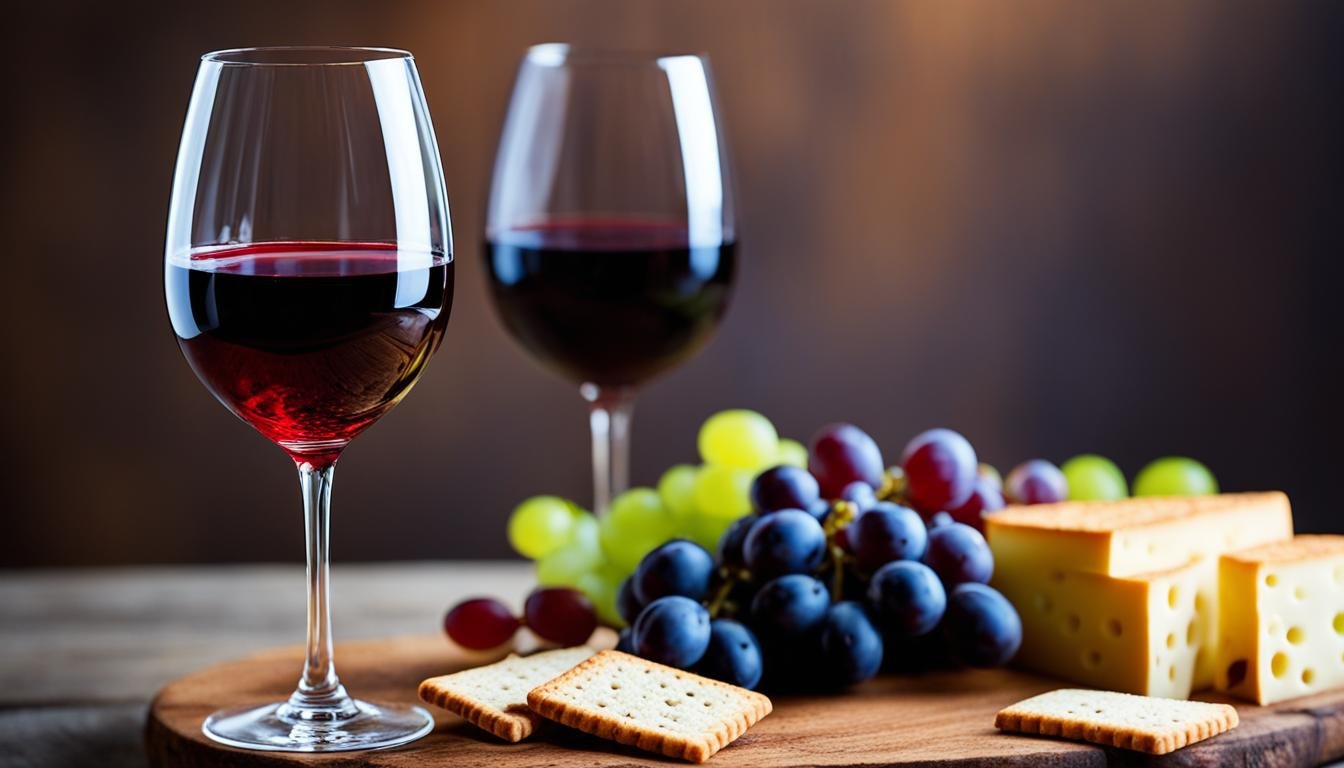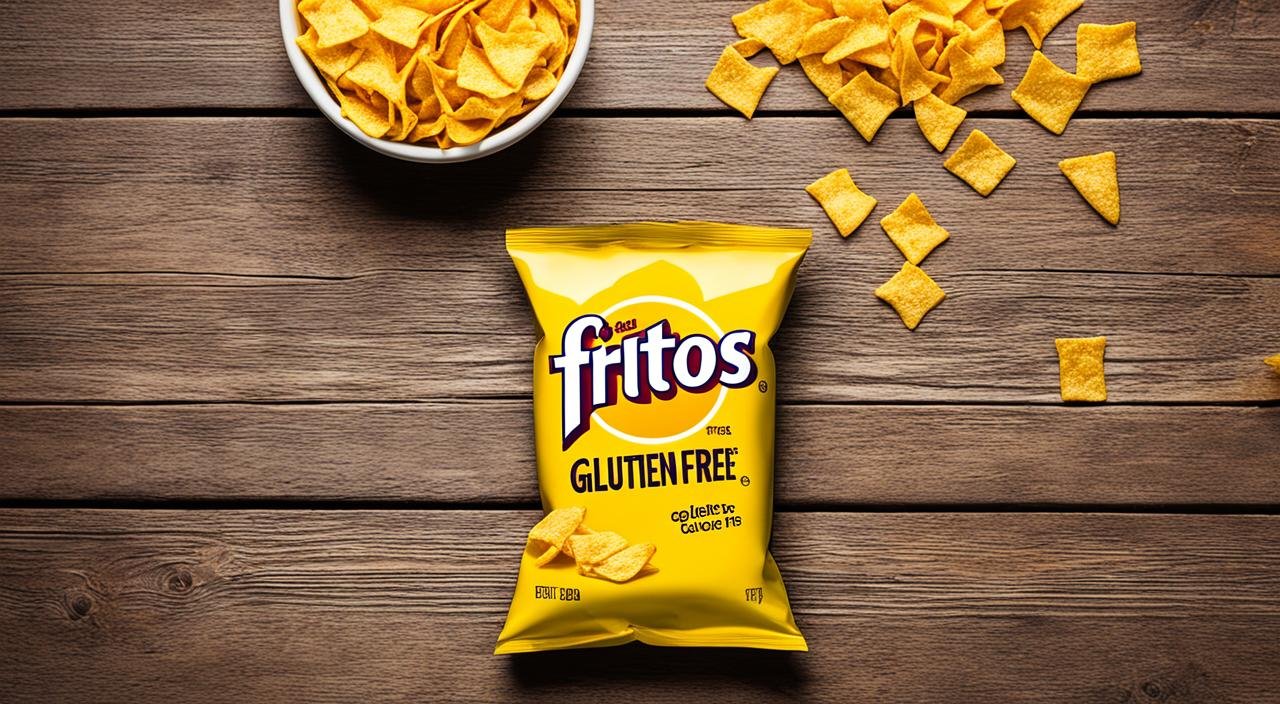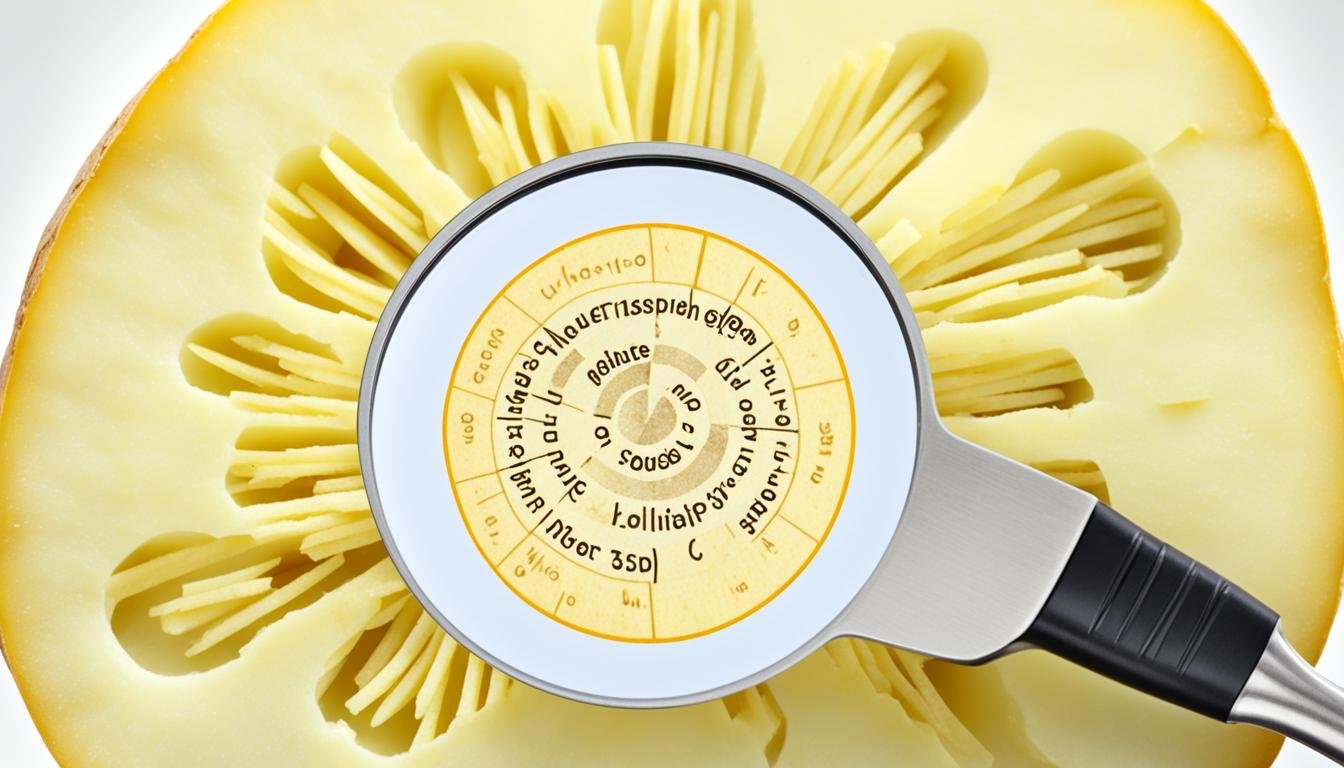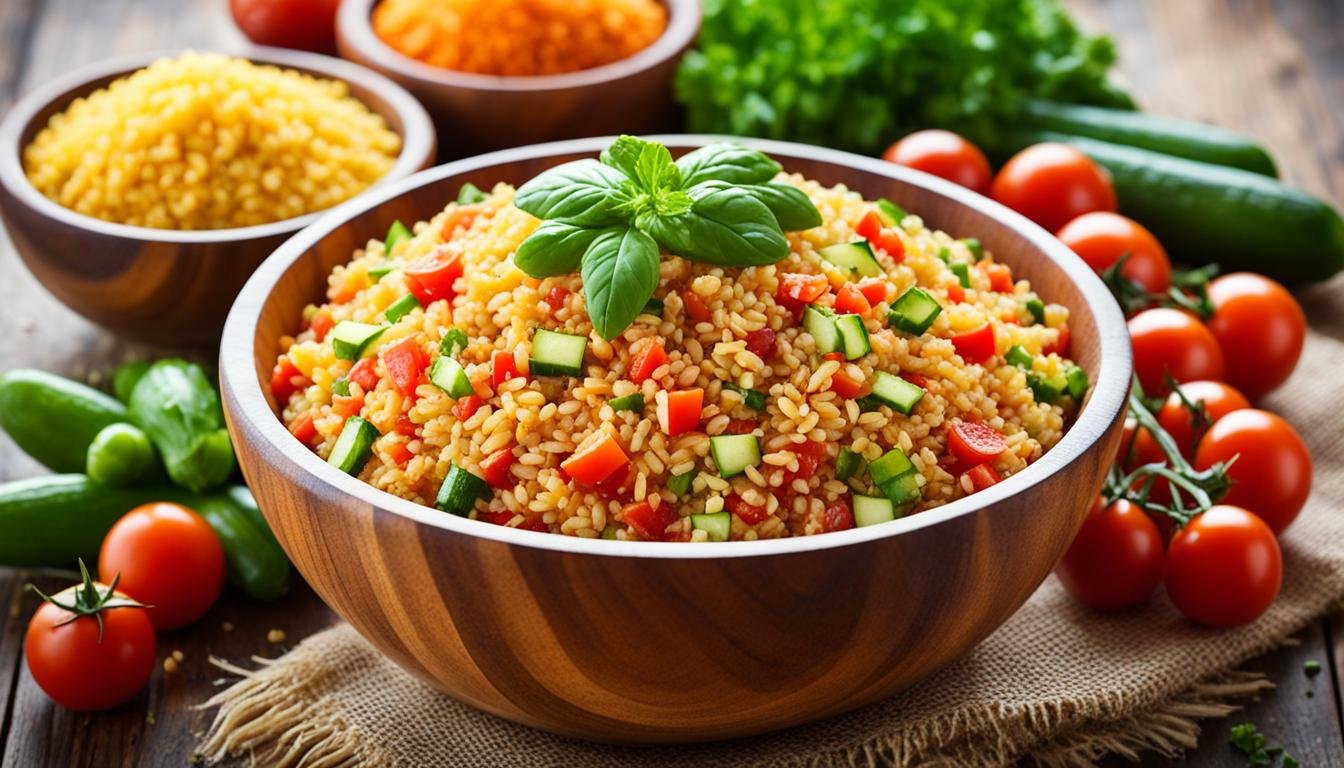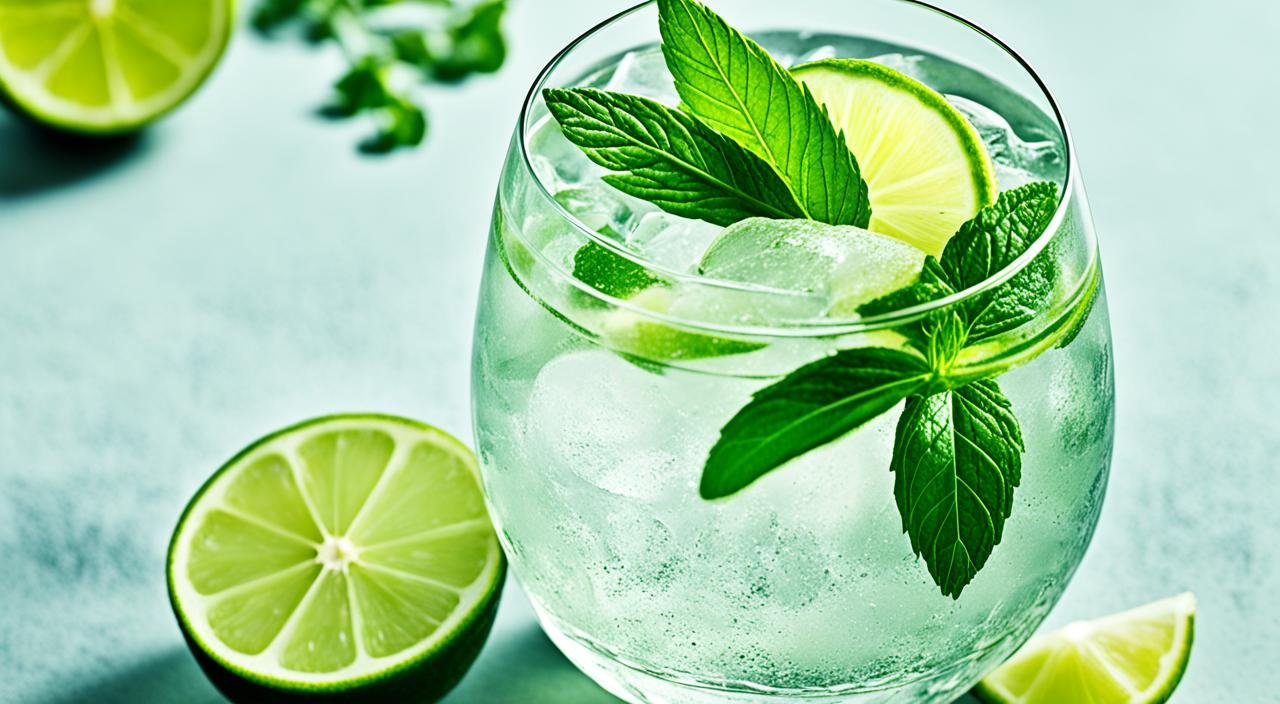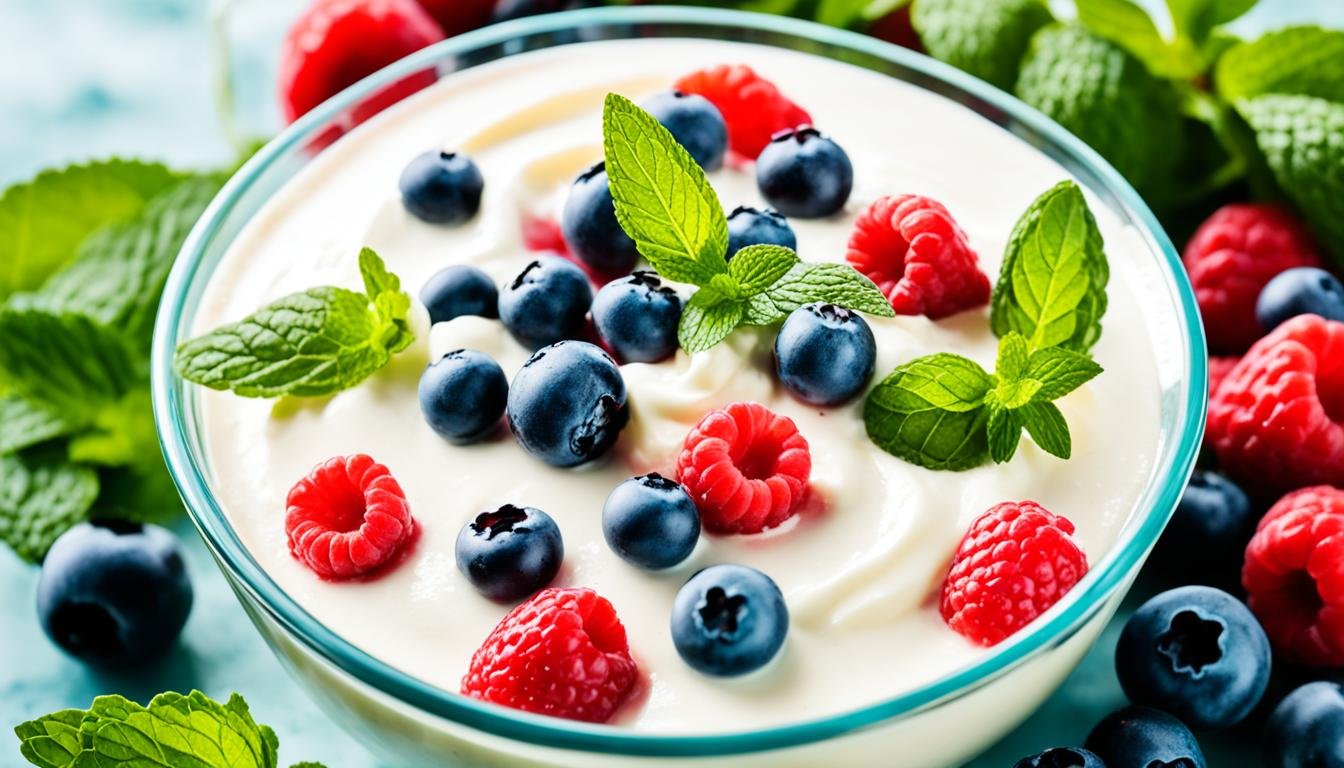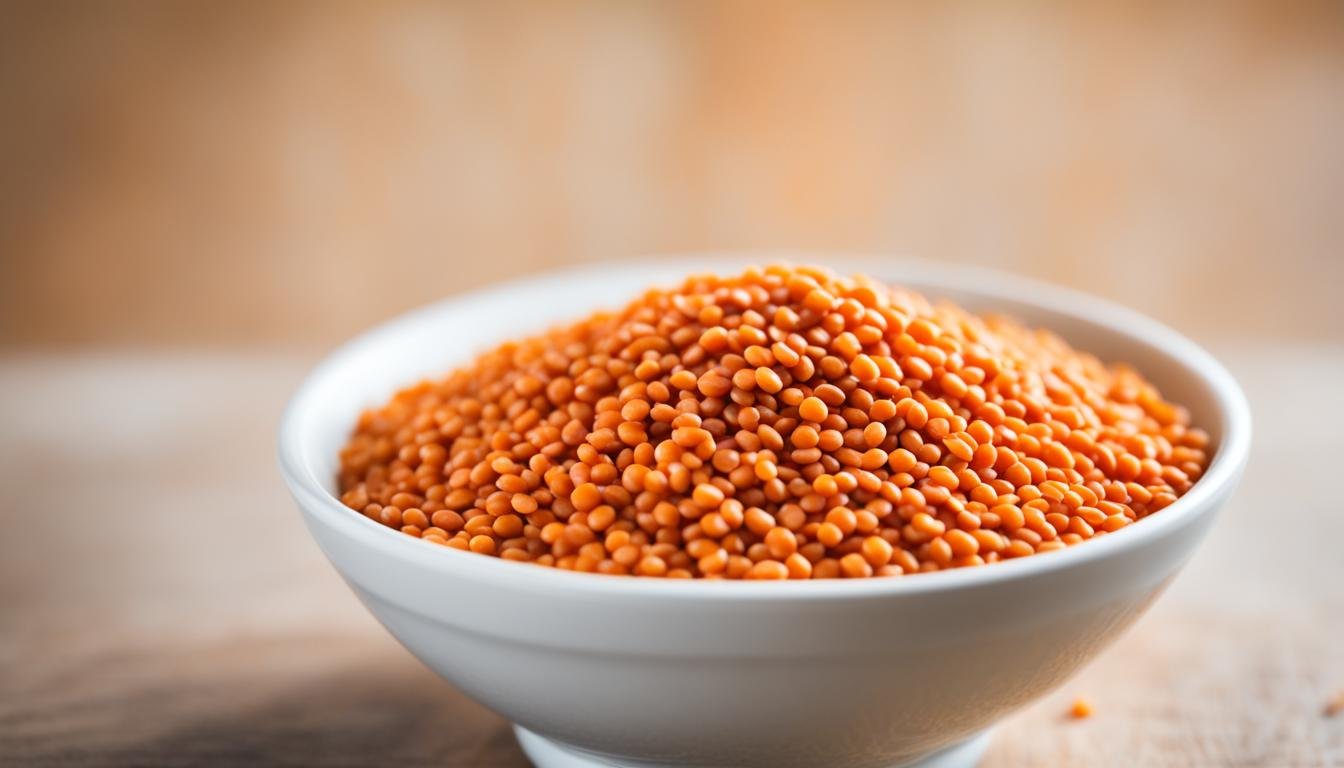Do you love wine but can’t have gluten? It can be hard to know what’s safe, what wine is gluten free. But, believe it or not, wine is naturally gluten-free. Let’s look at gluten-free wine and clear up common myths.
Key Takeaways
- Wine is generally considered a gluten-free beverage, as it is made primarily from fermented grapes.
- Concerns about gluten in wine often stem from misunderstandings about the winemaking process, such as the use of fining agents and oak barrel aging.
- Many wineries now offer gluten-free wine options, catering to the growing demand for safe and delicious gluten-free choices.
- Gluten-free wine cocktails and spritzers can provide an enjoyable and worry-free way to indulge in wine-based beverages.
- Reading labels and reaching out to wineries can help you identify celiac safe wine options that meet your dietary needs.
O wonder, what wine is gluten free, and how do you make sure it’s right for you? Let’s look closer and learn about gluten in wine.
Understanding Gluten in Wine
Many ask, “What wine is gluten-free?” Most wines are safe for a gluten-free diet. The process of making wine uses grapes. These grapes are free of gluten proteins.
Demystifying the Winemaking Process
Grape juice turns into alcohol through fermentation. This process makes wine naturally gluten-free. Gluten from wheat, barley, or rye doesn’t go into the wine.
Why Is Wine Thought to Contain Gluten?
Some still worry about gluten in wine. This happens because they don’t know all about how wine is made. Systems like fining agents and aging in oak don’t usually add much gluten.
Wheat paste on wooden casks can sometimes add a bit of gluten, about 5 to 10 ppm. But, if wine has 10 ppm or less, it’s considered gluten-free. This makes it safe for those with celiac or sensitivity to gluten.
Knowing how wine is made helps clear up misunderstandings. It makes choosing what wine is gluten free easier for those who need to avoid gluten.
Myth 1: Gluten is Added to Wine During a Process Called “Fining”
Some think gluten in wine comes from the fining process. But that’s not the case. While isinglass, bentonite clay, or egg whites may clear wine, gluten is not used. Studies show gluten is never in the final product when it’s used as a fining agent for wine.
We’ve asked many winemakers. They’ve told us they avoid using gluten for fining. This means wines, including vegan wine, are safe from gluten. We now know the truth: gluten isn’t added to wine during fining.
| Fining Agent | Gluten Content in Final Wine |
|---|---|
| Isinglass | No detectable gluten |
| Bentonite Clay | No detectable gluten |
| Egg Whites | No detectable gluten |
| Wheat Gluten | No detectable gluten |
This table proves that even if fining agents like wheat gluten are used, there’s no gluten in the final gluten-free wine. Wines are carefully made to be safe for everyone, no matter their dietary needs.
What Wine Is Gluten Free
Enjoying wine is often safe for those with gluten issues. This is because wine is made from grapes, which are gluten-free. The making process uses no gluten. Some other drinks have gluten. Here’s a list. Pretzels go well with wine. Try these gluten-free wines.
Reaching Out to Wineries
If you want to be 100% sure your wine is gluten-free, reaching out to wineries can help. Many winemakers will share details of how they make their wine. They can tell you if gluten is in their wine-making or not.
Barefoot is an example of a brand that says all their wines are gluten-free. We also found some smaller wineries that make safe wines for people with gluten issues.
Bottom Line: Wine is Generally Safe
From our experience and research, we believe most wines are gluten-free. Of course, there might be a rare case where wine isn’t safe. But generally, wine is a good choice for those avoiding gluten.
We keep a growing list of wines we’ve tested for gluten in the past 7 months. This list proves there are many celiac safe wine and gluten-free alcohol options.
With some research and talking to winemakers, you can find gluten-free wine. This way, you can enjoy wine worry-free. This is good news for wine lovers who have to avoid gluten. They can still make and enjoy tasty wine drinks.
Gluten-Free Labeling and Certification for Wine
There is no official gluten-free mark for wine, but some celiac safe wine and gluten-free alcohol brands call their products gluten-free. This might just be a way to catch people’s eye, as most wines don’t have gluten. So, a wine without a “gluten-free” label could still be safe to drink.
In 2020, the Alcohol and Tobacco Tax and Trade Bureau (TTB) made a change. They now let winemakers put “gluten-free” on labels if the wine comes from grapes. This change is making some wine companies get third-party gluten-free checks for their bottles. So, soon, you might see more wines with a “gluten-free” label on them.
The FDA says items can have up to 20 parts per million (ppm) of gluten and still be called gluten-free. The small amount of gluten in wine should be below this amount. To be sure a wine doesn’t have gluten, look for the actual words “gluten-free” on the label. Or, pick wines with marks showing they’re gluten-free.
| Brand | Gluten-Free Offerings |
|---|---|
| Inkarri Wines | Biodynamic wines that are guaranteed gluten-free, avoiding synthetic herbicides, fertilizers, and pesticides |
| Frey Vineyards | Organic, gluten-free, and vegan wines fermented in steel tanks and refined with bentonite clay |
| Pizzolato Wines | Variety of gluten-free sparkling wines and recyclable packaging options |
| Radius Wine | Specializes in intricate flavors with five out of six varietals being gluten-free |
| Our Daily Wines | Red Blend suitable for various dietary needs, free from grain-derived coloring agents, animal-derived fining ingredients, and sulfites |
| FitVine Wine | Full line of gluten-free and vegan wines including red, sparkling, and white variants |
| Santa Julia Organic Malbec | Organic red wine option with rich plum, cherry, blackberry, and chocolate notes |
| Frey Vineyards’ Organic Agriculturist Red Blend | Refined red wine option from a producer known for all their wines being gluten-free |
Although there isn’t an official gluten-free stamp for wine, many brands are making sure their wines are safe for celiac safe wine and gluten-free alcohol drinkers. By learning a bit about how wine is made and checking for certain labels, folks with gluten issues can feel good about enjoying different wines.
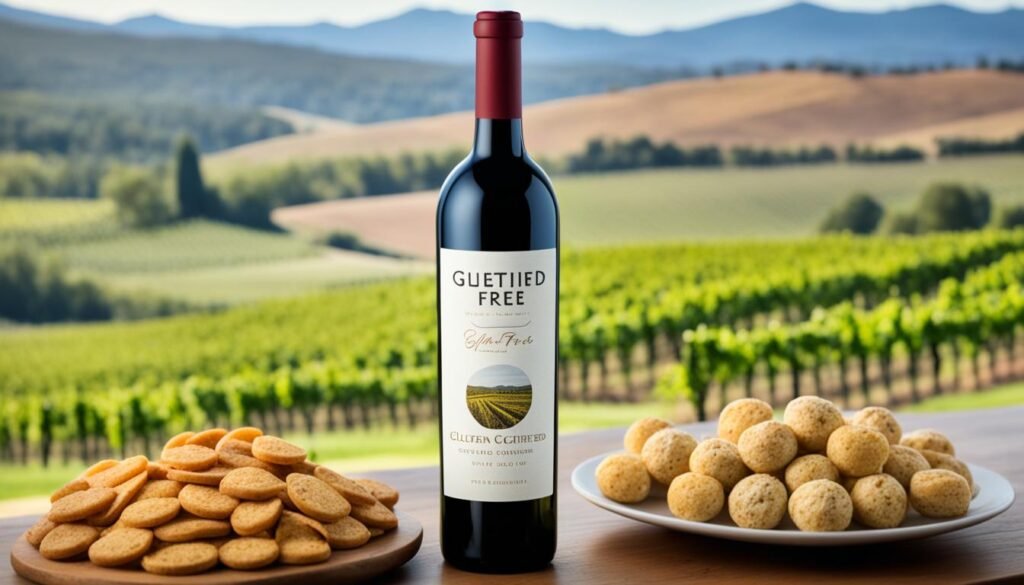
Myth 2: Aging in Oak Barrels Adds Gluten to Wine
Some people think gluten-free wine may not truly be free if it’s aged in oak barrels. They worry about gluten from the barrels. But, most winemakers now seal their barrels with waxes or paraffins. They also clean the barrels well before using them. This means the chance of finding any gluten in your celiac safe wine is very low.
Symptoms After Wine Consumption
If wine makes you feel bad, it might not be the gluten at fault if it’s gluten-free alcohol. You could be reacting to things like grapes or tyramine in the wine. It’s best to talk to a doctor to find out what’s causing your discomfort after you drink wine.
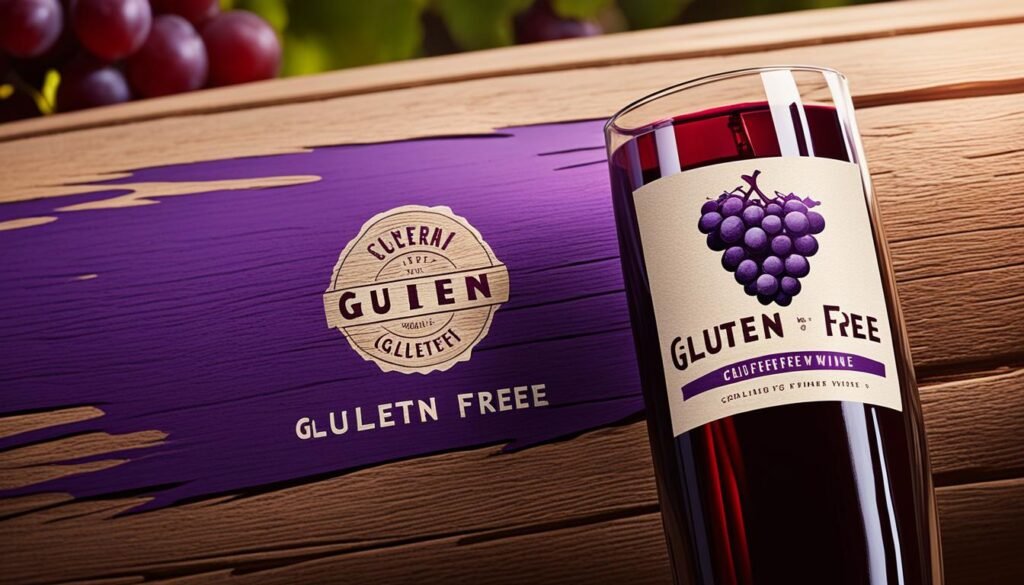
It’s good to know the truth about what wine is gluten free. This knowledge can help you find great tasting wines that are safe for you to drink. Do a bit of research and chat with the wineries to find celiac safe wine that you’ll enjoy. Pretzels go well with wine. Try these gluten-free Pretzels.
Gluten-Free Wine Coolers and Cocktails
Wine lovers have many options to enjoy gluten-free drinks. Most wine coolers are already gluten-free. That’s because they are wine-based. It’s a good choice for people with celiac disease or those who need to avoid gluten. And, you can even make tasty gluten-free alcohol cocktails using wine.
Making wine spritzers, sangria, and mimosas is fun. These drinks are perfect for the summer. They let us add our favorite flavors to wine. This way, we can make drinks that we love. And, we know they are safe because they’re gluten-free.
Learning and trying new recipes makes the gluten-free wine world fun. We have many choices. We can buy ready-made gluten-free alcohol or make our own drinks. This way, we get to enjoy wine how we like it. And, we don’t have to worry about gluten, even with dietary restrictions.

